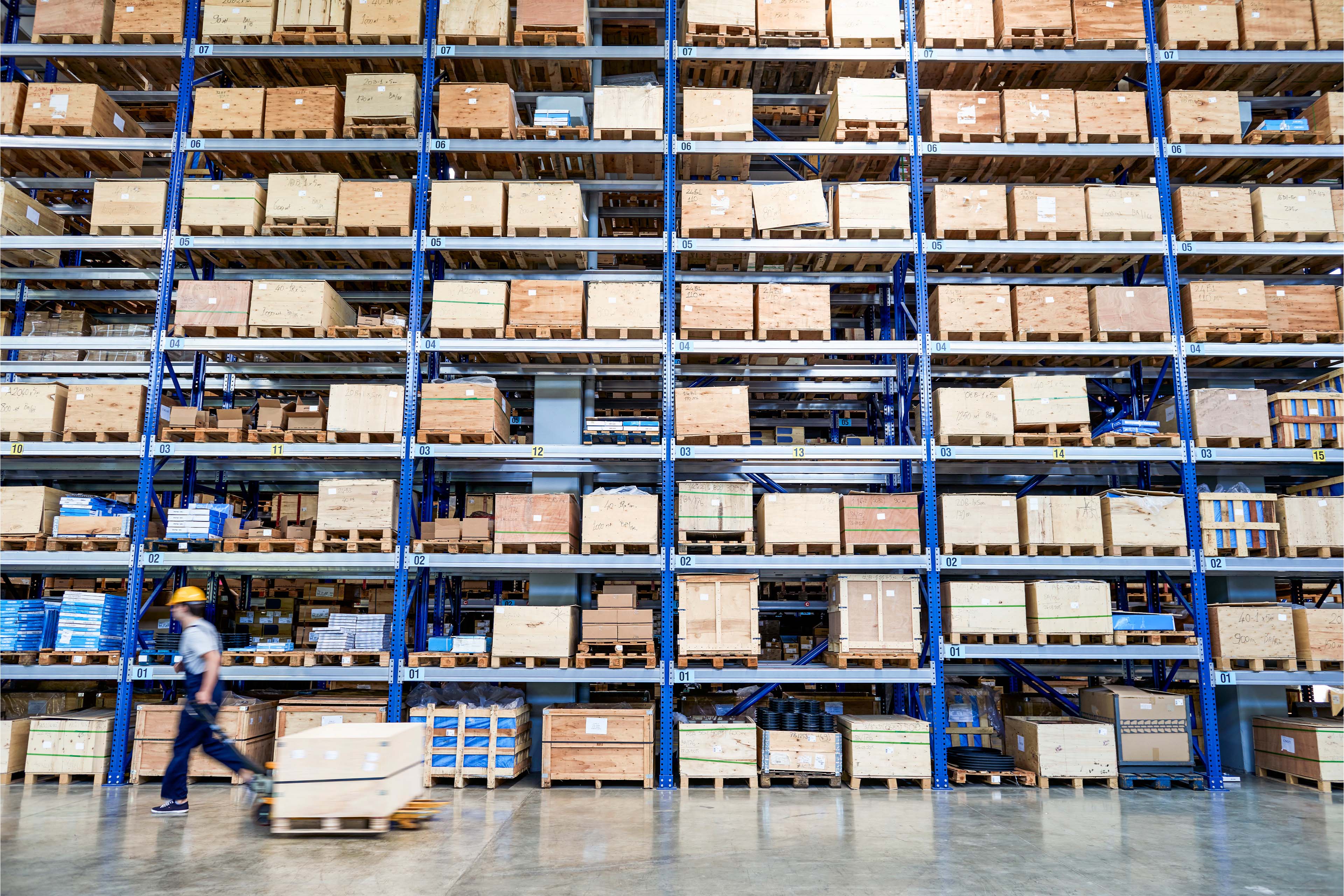Sustainability in Marine and Industrial Supplies
Sustainability in Marine and Industrial Supplies: A Comprehensive Overview
Environmental sustainability has emerged as a key concern for companies and authorities worldwide in recent years. Recognizing the long-term repercussions of human actions on the environment, there has been an increasing emphasis on adopting sustainable practices across various sectors.

Overview of Marine & Industrial Supplies products and services
These supplies include a wide range of products and services required for the operation of marine-based companies. industry and maritime supplies are a leading supplier of equipment and services to the marine industry. They are critical to a variety of businesses, including shipping, offshore industries, fisheries, and energy generation. These businesses are primarily dependent on marine resources and are directly influenced by environmental changes.
Types of marine and industrial supplies: The variety of equipment used in operations
Valves, fittings, pipes, and flanges, as well as welding supplies and pumps, are examples of industry and maritime supplies. Industrial supplies also comprise industrial machines and tools, as well as safety and security equipment. Engines, propellers, and boat parts are examples of aquatic supplies. Safety equipment is critical in aquatic and manufacturing activities because it protects workers and the items they produce. Navigation aids such as compasses and charts and communications equipment such as radios and navigation systems are examples of marine goods. Lubricants, filters, and other consumable materials are also included in maritime and commercial supplies. Electrical components and motors are also examples of manufacturing supplies. Furthermore, maritime and industrial supplies include heat exchangers, air compressors, and pressure gauges. All these elements are critical for the safe and efficient operation of any marine or industrial operation.

Uses and benefits of marine and industrial supplies
A wide range of sectors and businesses rely on aquatic and manufacturing goods. They come in a variety of shapes and sizes and can be utilized for a wide range of applications. They also can be used to build and maintain industrial machinery, as well as to maintain and repair ships and other marine vessels. They can also be used for industrial vehicles, trucks, and ship maintenance and repairs. Buildings, bridges, and other industrial structures can be built with marine supplies. They can also be used to keep industrial equipment like pumps, motors, and machinery in good working order. Industries and companies can benefit from the use of industrial supplies in a variety of ways. They can, for example, help to lower the cost of ship and industrial machinery maintenance and repair. This can help firms and industries reduce their operating costs. Furthermore, using aquatic and manufacturing goods can assist in limiting the risk of damage to ships and other vessels, lowering the cost of repairs and maintenance. Marine and industrial supplies can also provide several safety advantages, such as resistance to corrosive and dangerous contaminants. Finally, the utilization of maritime and industrial supplies can give a lot of benefits to enterprises and industries, such as increased efficiency with reduced costs.

The Role of Marine and Industrial Supplies in Enhancing Environmental Sustainability
They play an important role in improving environmental sustainability. They can influence and drive sustainable practices throughout the supply chain, from acquiring raw materials through manufacture and distribution. Global supply chains and procurement practices play a critical role in directing resource extraction while minimizing disruptions to ecological systems.
Strategies for Promoting Environmental Sustainability in Industrial and marine goods
To promote environmental sustainability in industry and maritime supplies, several strategies can be implemented:
- Purchase energy-efficient equipment. Replacing outdated, inefficient equipment with newer, more efficient models can help save energy and cut carbon emissions. Furthermore, energy-efficient equipment can assist organizations in being more competitive in the market.
- Utilize renewable energy sources. Investing in renewable energy sources such as solar, wind, and geothermal can assist businesses in reducing their dependency on fossil fuels and the accompanying environmental implications.

- Reduce, reuse, and recycle your waste. Implementing a waste reduction plan can assist organizations in reducing the quantity of garbage they generate while also reducing their environmental effect. Material reuse and recycling can also help to lessen the environmental impact of manufacturing and operations.
- Use environmentally friendly packaging. Businesses can lower their environmental footprint by using sustainable packaging materials such as recycled paper, biodegradable and compostable materials.
- Both staff and customers should be educated. Environmental sustainability education for employees and customers can help organizations make a genuine difference. Businesses can contribute to the creation of a sustainable culture by encouraging employees and customers to make sustainable decisions. Marine and industrial supply companies can assist in ensuring that their operations contribute to a healthier, more sustainable future by applying these measures.

Advantages to commercial customers buying these products in bulk.
Commercial clients benefit greatly from purchasing products in bulk. Bulk purchasing allows them to save money on their purchases because they are paying wholesale prices. It also allows customers to take advantage of volume discounts, which means they can obtain more things for their money. Buying in bulk also saves time because they may buy big quantities of the same item at once rather than having to make many smaller purchases. Furthermore, buying in bulk allows business customers to benefit from convenient storage and resale prospects. Bulk products can be sold over extended periods, providing customers with access to them when needed.

How companies of marine and industrial supplies can prepare for future growth.
Companies that provide maritime or manufacturing goods must start thinking about the future if they want to stay competitive and profitable. They must consider how to modify or adjust their current strategy and operations to meet the changing needs of their customers. Creating a comprehensive marketing plan is one of the most crucial measures any company can take to secure future success. This strategy should include both short-term and long-term strategies for reaching and serving customers. Goals and objectives, client segmentation, target markets, and competition analysis should all be included. Companies that provide industry and maritime supplies products should consider investing in new technology and equipment in addition to marketing efforts. This can help them maintain their competitiveness by offering novel approaches to their clients. Companies should also think about expanding their product lines and services to fulfill the needs of their customers. Additional research and development, as well as additional employees and resources, may be required.

Lastly, Subi Viking Line is preparing for the future by establishing an international market strategy. We are additionally exploring fresh markets, understanding regional regulations, and coming up with a strategy for marketing and distributing internationally. We also plan on expanding the firm to other nations to get in on fresh opportunities and industries.



Comments
Post a Comment